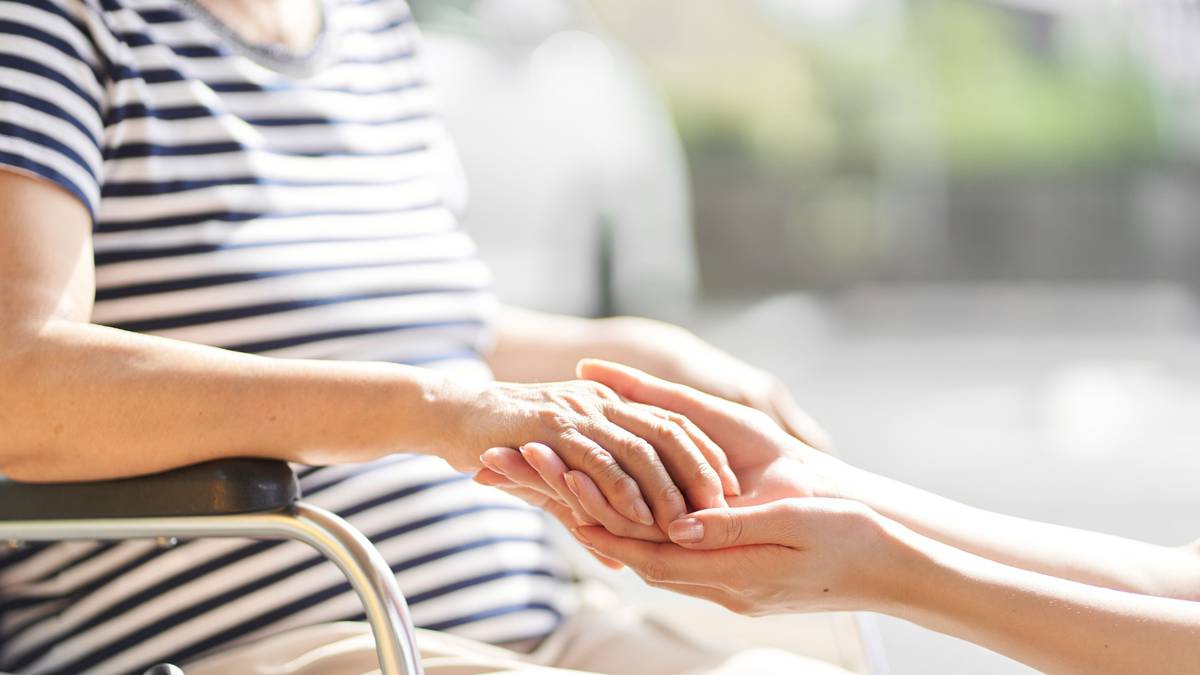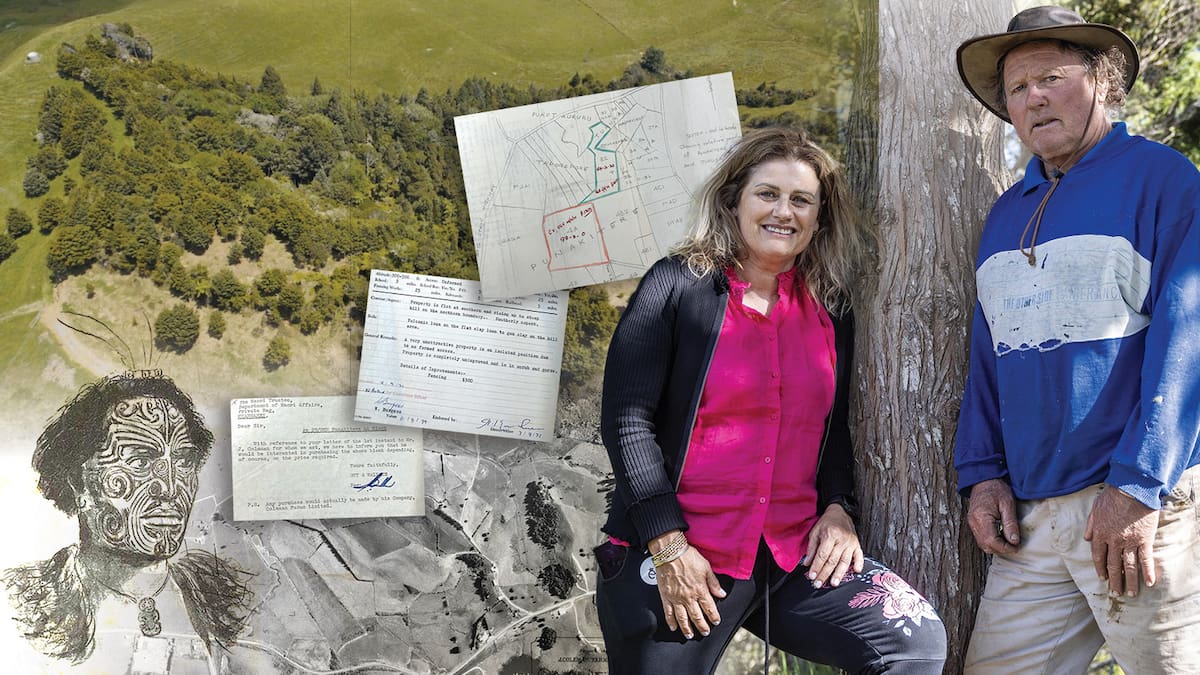Disabled people in Aotearoa experience a wide range of inequities when accessing health services, and poorer health outcomes compared to non-disabled people. Photo / 123RF
sup041122health Disabled people in Aotearoa experience a wide range of inequities when accessing health services, and poorer health outcomes compared to non-disabled people. Photo / 123RF
OPINION:
Progress. As Mark Twain famously observed: “The secret of making progress is to get started.” And for the disabled community of New Zealand, to misquote Pink, we are getting this party started!”.
It’s been a big year for the disability community. We finally have our very own ministry. A brand new one. Whaikaha (the Ministry of Disability), equipped with a CEO who identifies as being disabled. We also have a new Accessibility Bill going through the Select Committee process. Okay, it doesn’t have standards that are enforceable but hey it’s progress!
This week the new Te Whatu Ora – Health New Zealand and Te Aka Whai Ora – Māori Health Authority has released Te Pae Tata, an interim New Zealand health plan that spans two years and will guide the two health authorities to start making changes to improve the health system. This two-year plan identifies priorities for improving health outcomes and equity.
Te Pae Tata identifies disabled people as a priority group that must have equitable health outcomes. It recognises that disabled people have the same healthcare requirements throughout their lives as non-disabled people, and need to be able to access the same healthcare services, as well as any specific healthcare needs related to their disability.
It acknowledges that the health system we have now in NZ does not work for disabled people.
Now, I know this might seem a bit ho-hum, but it really is a big deal. It’s progress.
I remember a good 12 years ago when I sat on the Disability Advisory Committee (DISAC) for the Northland District Health Board. I spent the three-year term trying to convince the board that the main function of the Statutory Committee was to advise the DHB on how they could provide a general health service that was acceptable and accessible to disabled people.
It was in black and white, written in the District Health Board Act, however, the Northland DHB then would not have a bar of it. Progress? Yeah nah!
Back then DHBs were of the opinion that anything to do with disability was the domain of the Ministry of Health.
This was because years previously the Government had separated disability services from DHBs for people under 65 and administered funding and services through Needs Assessment and Service coordination (NASC agencies). DHBs felt indignant and hard done by about losing this area of funding.
I reiterated over and over that they still had disabled people who needed to access mainstream health services but they just would not listen. I did power-point presentations, no effect. I even vaguely thought about using glove puppets to get my point across. As the years went by the DHB slowly became more responsive to the concept of becoming more user-friendly to disabled people.
In the past two terms the Northland DHB amalgamated the DISAC committee with the Clinical Practitioners Advisory Committee (CPAC) and called it the Equity in the Community Committee. Their focus on equity was around improving health outcomes for Māori but they did commit to including disability in their annual plan with a focus on accessibility in new builds and including disability awareness training in their online induction training. Not exactly getting the party started but mildly hope-inducing.
Now the Government has recognised that disabled people in Aotearoa experience a wide range of inequities when accessing health services, and poorer health outcomes compared to non-disabled people.
In this new plan, the health authorities have identified with and are actively seeking to address it. Incredibly, yes you guessed it, this is progress.
• Jonny Wilkinson is CEO of Tiaho Trust – Disability A Matter of Perception, a Whangārei based disability advocacy organisation.



